The Technology for Social Justice Field Scan is a participatory action research project intended to better understand the types of work currently being done with technology for social justice (and more broadly, in the public interest), as well as the pathways people take into this work. The goal is to identify people, groups, and networks who work in this space, including those who are not ‘the usual suspects’ in the civic technology world, and to learn from them: what their paths into the work have been; what they see as their greatest constraints; where they see barriers; and what they feel is most needed to grow and diversify the field.
OVERVIEW
Our society is in the midst of an extremely urgent conversation about the benefits and harms of digital technology, across all spheres of life. Unfortunately, this conversation too often fails to include the voices of technology practitioners whose work is focused on social justice, the common good, and/or the public interest. Every day, technology practitioners in government agencies, nonprofit organizations, colleges and universities, libraries, technology cooperatives, volunteer networks, and social movement organizations work to develop, deploy, and maintain digital technology in ways that directly benefit their communities. These practitioners include software developers, designers, and project managers, as well as researchers, policy advocates, community organizers, city officials, and people in many other roles.
#MoreThanCode aims to make the voices of these diverse practitioners heard. Our goals are to I. explore the current ecosystem; II. expand understanding of practitioner demographics; III. develop and share knowledge of practitioner experiences; IV. capture practitioner visions and values; and V. document stories of success and failure. We focus primarily on practitioners who work in the United States.
This report was produced by the Tech for Social Justice Project https://morethancode.cc/, co-led by Research Action Design (RAD) and the Open Technology Institute at New America (OTI), together with research partners Upturn, Media Mobilizing Project, Coworker.org, Hack the Hood, May First/People Link, Palante Technology Cooperative, Vulpine Blue, and The Engine Room. NetGain, the Ford Foundation, Mozilla, Code For America, and OTI funded and advised the project.
Methods: #MoreThanCode is a Participatory Action Research (PAR) project. All research partner organizations worked together to develop the research questions, study design, data collection and analysis, conclusions, and recommendations. We interviewed 109 people and conducted 11 focus groups, with 79 focus group participants. A total of 188 individuals participated in the study. We sought diverse participants in terms of gender identity, sexual orientation, race/ethnicity, educational background, sector (government, nonprofit, tech coop), urban/rural location, and other factors. Our study focused primarily on practitioners in the United States. Detailed study participant demographics can be found in the main body of the report. We also collected and analyzed secondary data, including: a database of 732 organizations and projects; IRS form 990 data for over 40,000 relevant nonprofits; over 14,500 job listings; and over 350 educational programs, networks, and associations. The Appendices include detailed methodological information, links to relevant secondary datasets, and links to interactive tools to further explore study data and findings.
GOALS
The following goals, developed by all partners at our first convening, guided our research process:

I. ECOSYSTEM
Define the field(s) and inventory the current ecosystem.
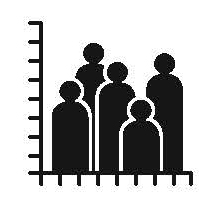
II. DEMOGRAPHICS
Expand understanding of who participates in the field(s).
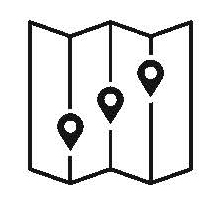
III. PRACTITIONER EXPERIENCES
Establish a baseline understanding of practitioner experiences, how individuals came to this work (career path), barriers and opportunities practitioners (and their communities) face, and the support practitioners may need now.

IV. VISIONS & VALUES
Capture practitioner visions of what is needed to transform and build the field(s) in ways that are inclusive and aligned with their values (social justice, social good, public interest, etc., as articulated by practitioners themselves), as well as how to mitigate threats.

V. STORIES OF SUCCESS AND FAILURE
Document and distinguish models and approaches to carrying out technology for social justice (& etc.) work and projects on the ground. Identify what works, what doesn’t, and why.
FUNDING & ADVISORY ORGANIZATIONS
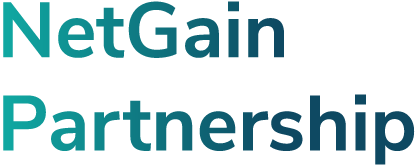
To address the challenges and opportunities of the Internet age, a group of major foundations has joined forces. Our goal is to strengthen digital society and advance the public interest.
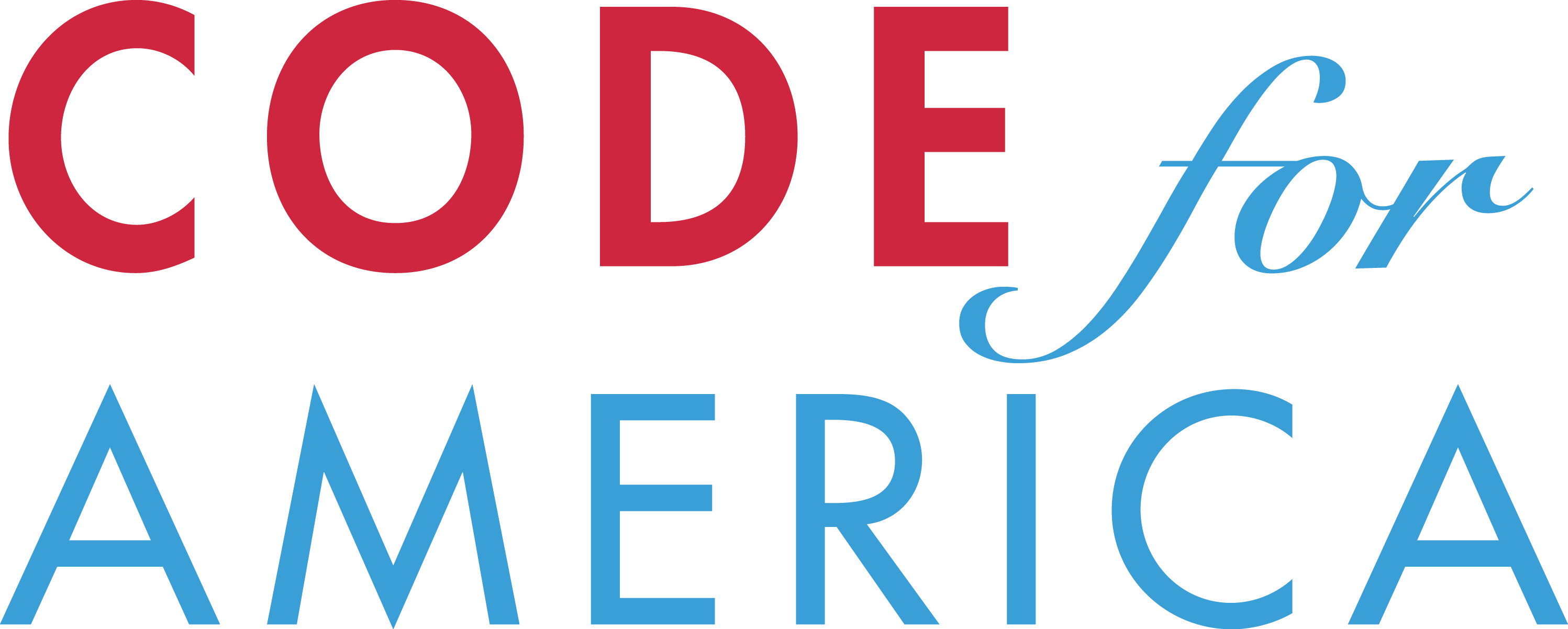
Code for America is working towards a government by the people, for the people, that works in the 21st century.
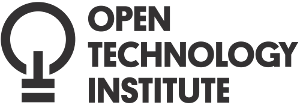
OTI works at the intersection of technology and policy to ensure that every community has equitable access to digital technology and its benefits. We promote universal access to communications technologies that are both open and secure, using a multidisciplinary approach that brings together advocates, researchers, organizers, and innovators.
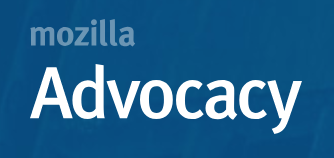
Ford/Mozilla Open Web Fellows Program
The Open Web Fellows program – a collaboration between the Ford Foundation and Mozilla – is a 10-month fellowship program that brings together technology talent and civil society organizations from around the world to advance and protect the open internet. Berhan Taye and Maya Wagoner were both supported to work on #MoreThanCode in part by Open Web Fellowships.
RESEARCH TEAM
Coordinating Organizations
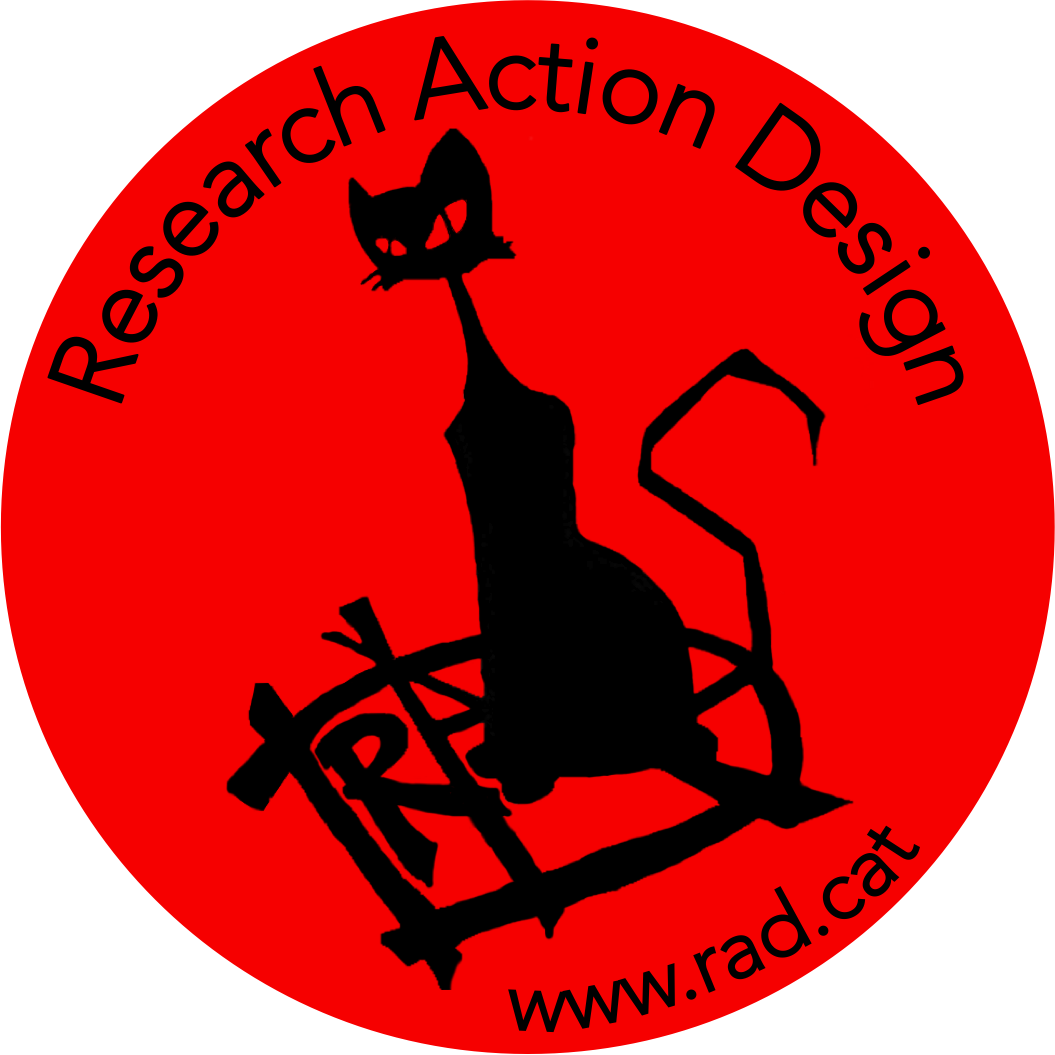
Chris Schweidler, Berhan Taye Gemeda, Bex Hurwitz, Caroline Rivas, Sasha Costanza-Chock, Puck Lo, Jayden Donahue
Research Action Design (RAD) uses community-led research, collaborative design of technology and media, and secure digital strategies to build the power of grassroots social movements.

Georgia Bullen, Maya Wagoner, Nat Meysenburg, Brooke Hunter, Alison Yost, Joanne Johnson, Chhaya Kapadia
The Open Technology Institute (OTI) works at the intersection of technology and policy to ensure that every community has equitable access to digital technology and its benefits. We promote universal access to communications technologies that are both open and secure, using a multidisciplinary approach that brings together advocates, researchers, organizers, and innovators.
Research Partner Organizations
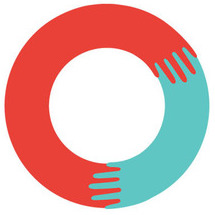
Jess Kutch, Michelle Miller
Coworker.org allows you to start, run, and win campaigns to change your workplace. Have an idea for improving your workplace? Start by creating a Coworker.org petition and talking to your coworkers about your campaign. Every day, people are launching and joining campaigns around issues large and small — from improving an office break room to providing paid sick leave to employees. Anything is possible when coworkers join together.
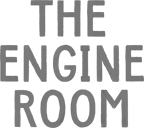
Zara Rahman
The Engine Room helps activists, organizations, and other social change agents make the most of data and technology to increase their impact. We are a non-profit organization ourselves, and our international team is made up of experienced and committed practitioners. Since 2011, we have supported more than 200 organizations, big and small, from every corner of the globe.
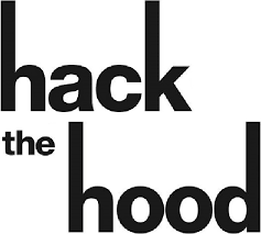
Kim Garcia
Hack the Hood is an award-winning non-profit that introduces low-income youth of color to careers in tech by hiring and training them to build websites for real small businesses in their own communities. During 6-week “Boot Camps,” young people gain valuable hands-on experience, build a portfolio, and learn about opportunities in the tech industry, as well as building critical technical, leadership, entrepreneurship, and life skills with mentorship from staff and tech professionals working in the field.

Alfredo Lopez, Jamie McClelland, Jaime Villarreal
May First/People Link engages in building movements by advancing the strategic use and collective control of technology for local struggles, global transformation, and emancipation without borders.
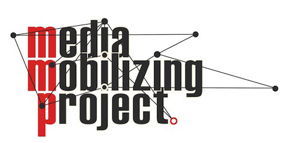
Helyx Chase
The Media Mobilizing Project (MMP) builds leaders—leaders who use their stories to make our organizing stronger; and who build the movement for human rights and to end poverty. Since its founding in 2005, MMP has used strategic media, arts, and communications to intervene in critical human rights struggles from public education to healthcare, media reform, and public services.

Palante Technology Cooperative
Jack Aponte
Palante works to help progressive nonprofit organizations move forward with the aid of technology. We come to this work with technical expertise, a deep understanding of the particular needs of community organizations, and a long-standing commitment to working for social justice.
Harlan Yu
Upturn works to give people a meaningful voice in how digital technology shapes their lives. We break down barriers between policymakers, technology-builders, and communities, so society can maximize the benefits and avoid the risks of new technology. We produce clear, incisive research and analysis of emerging issues in technology and public policy that guides the public conversation.

Willow Brugh
Vulpine Blue helps clients hold on to their most valuable asset—the workers. Blue takes their experience cultivating healthy working relationships between disadvantaged and distrusting organizations around the globe in the context of epidemics, disaster, and attack; and focuses this expertise on their client’s primary employee retention fulcrum: internal communication.
ACKNOWLEDGEMENTS
This research and report was made possible by the contributions of many individuals and organizations.
We thank all of the research partners for sharing their expertise, and for the dedication and commitment that made this project possible: Jack Aponte, Willow Brugh, Georgia Bullen, Helyx Chase, Sasha Costanza-Chock, Jayden Donahue, Kim Garcia, Berhan Taye Gemeda, Brooke Hunter, Bex Hurwitz, Joanne Johnson, Chhaya Kapadia, Jess Kutch, Puck Lo, Alfredo Lopez, Jamie McClelland, Nat Meysenburg, Michelle Miller, Zara Rahman, Caroline Rivas, Chris Schweidler, Maya Wagoner, Alison Yost, and Harlan Yu.
This report was written by Sasha Costanza-Chock, Maya Wagoner, Berhan Taye, Caroline Rivas, Chris Schweidler, Georgia Bullen, and the Tech for Social Justice Project.
We would like to thank Maya Wagoner for graphic design of project convening materials, and Hanna Kim for the graphic design, illustration, and layout of this report and graphics used on the website.
We would also like to express our thanks to Duncan Wall with Thoughtworks in New York, and Antonio Rowry and Tracy Powell with Blue Lacuna in Chicago, for the use of their spaces to convene our research partners.
Thanks to Diana Nucera for thoughtful feedback at the first research convening.
This project would not have been possible without the generous support of our funders and advisors: NetGain, Code for America, Open Technology Institute, and the Ford/ Mozilla Open Web Fellows Program.
